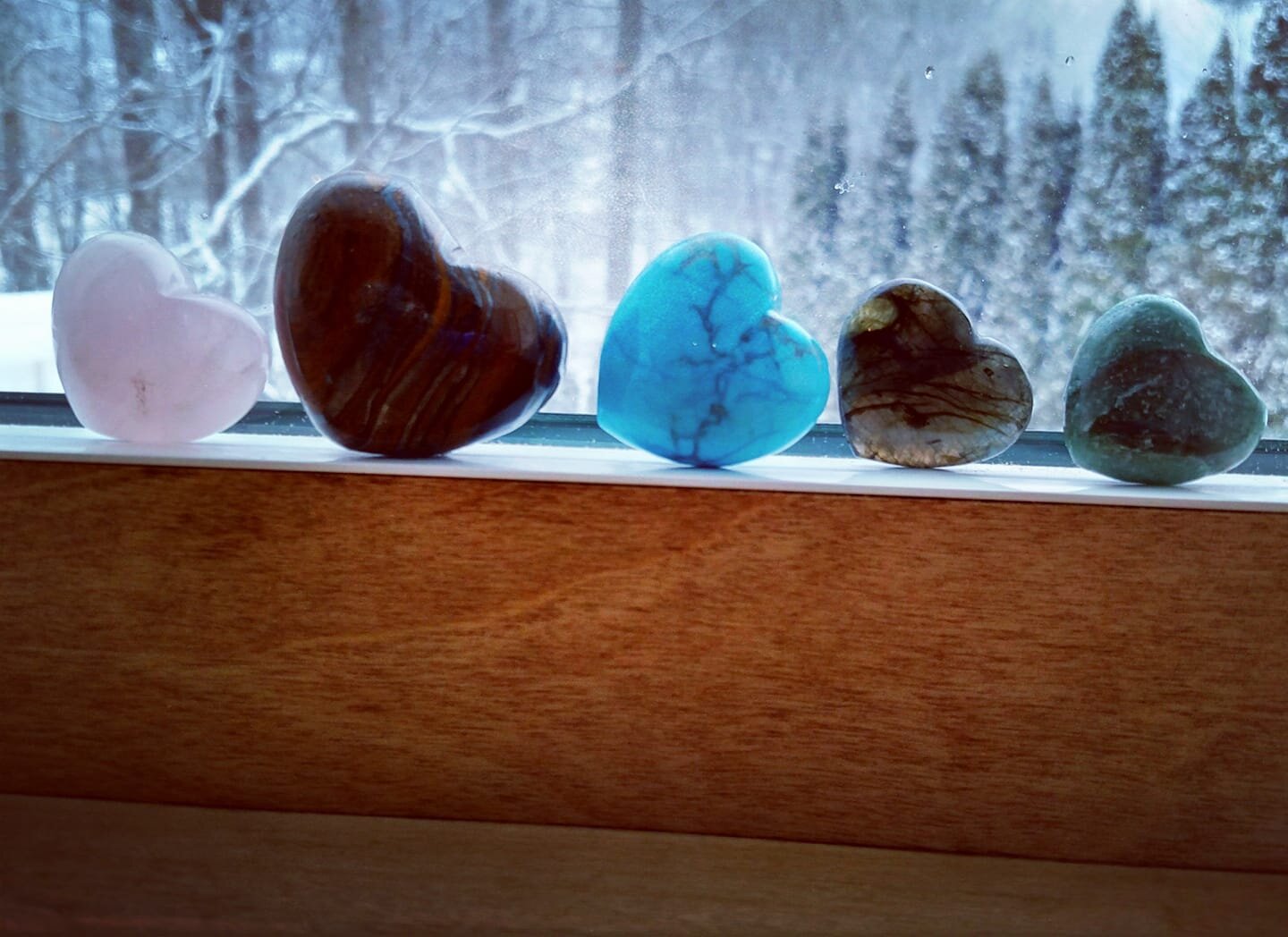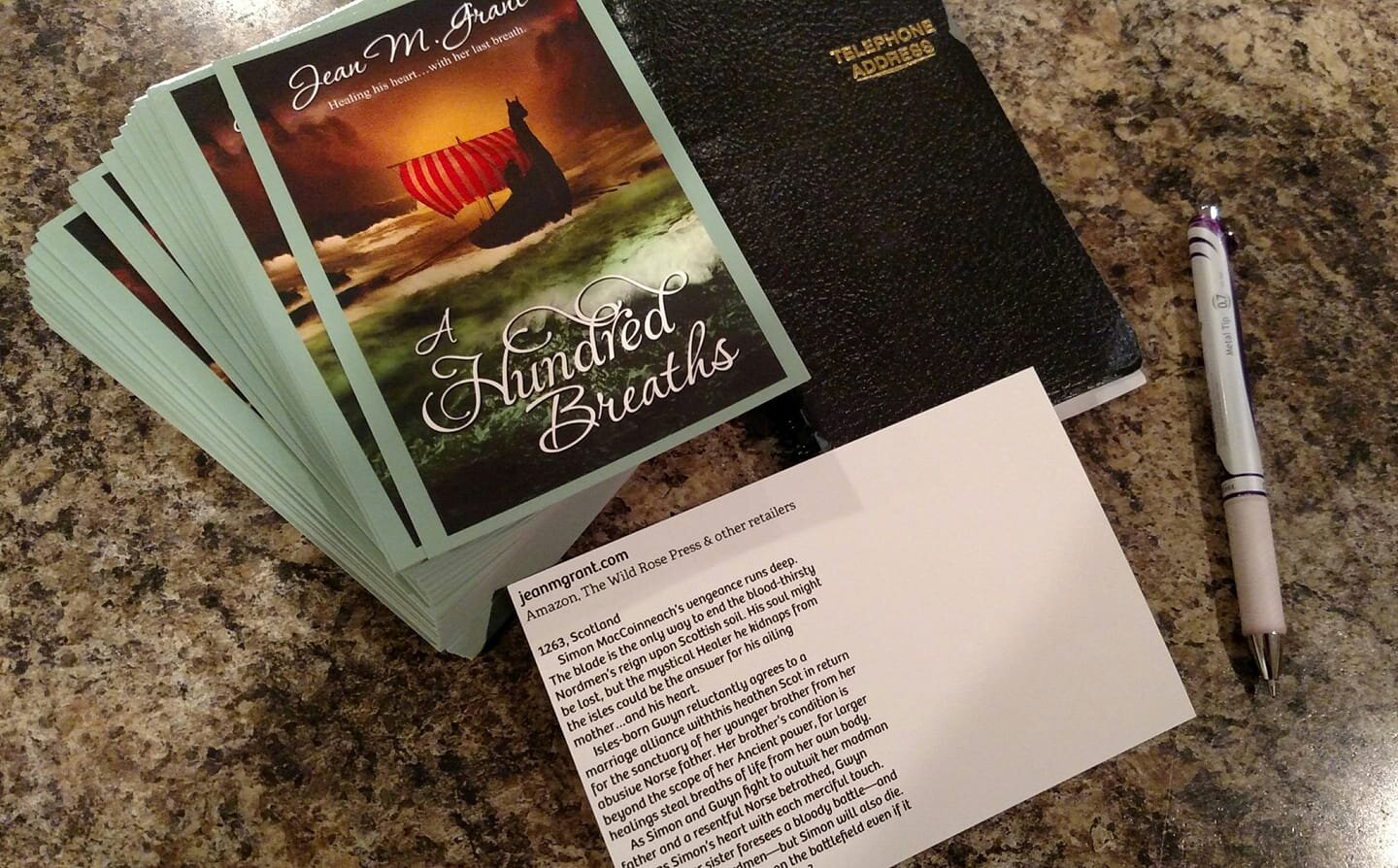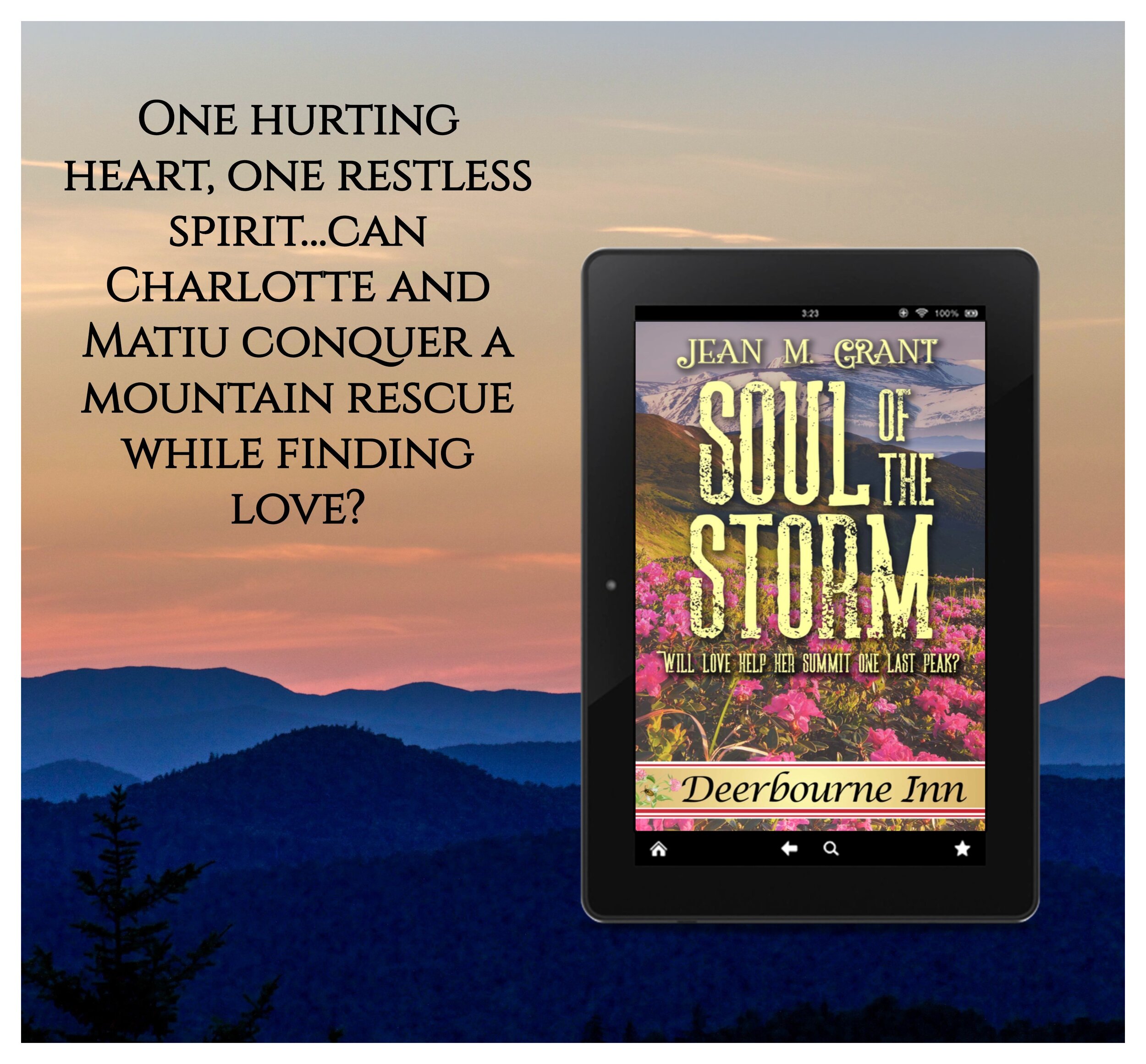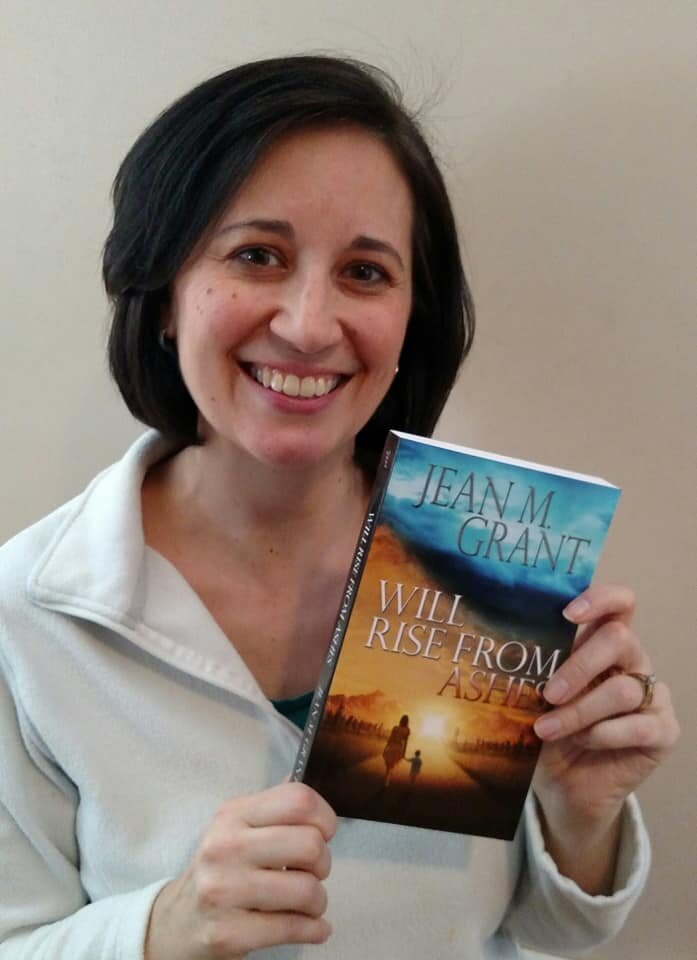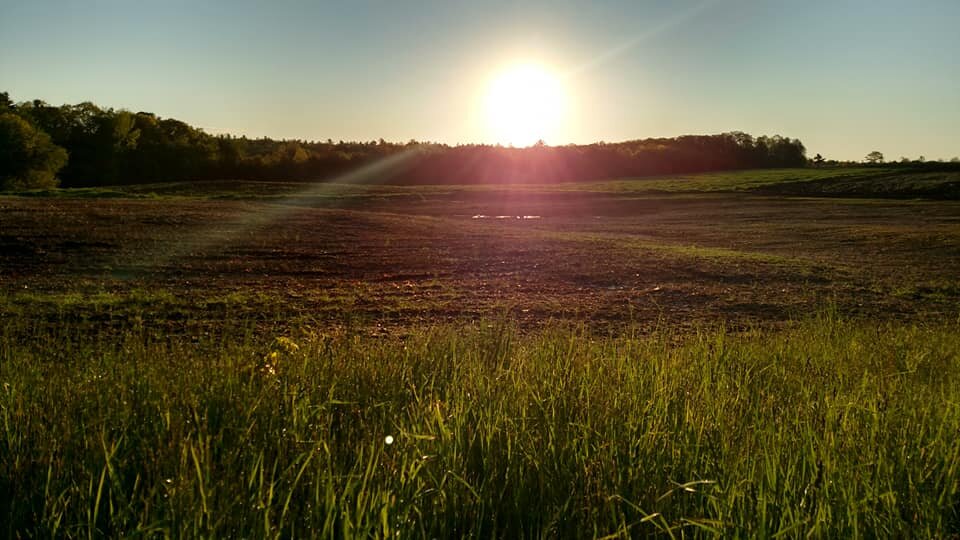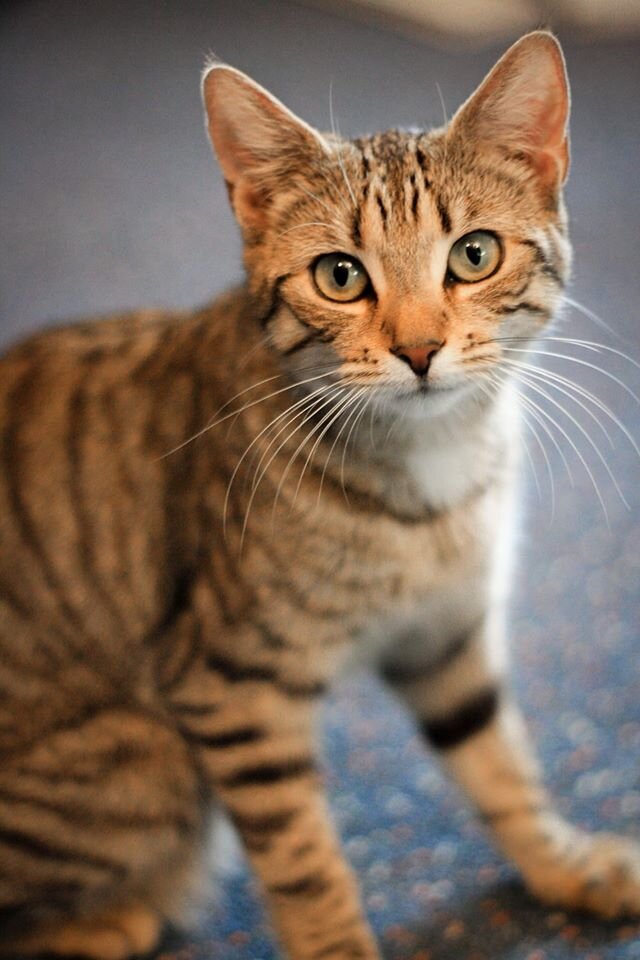A Touch of Vermont, a Touch of Romance: Deerbourne Inn Series Releases!
I’m excited to announce that the first book released in the new Deerbourne Inn series by The Wild Rose Press just came out this month (October 2018). With one book under my belt, and two more full-length novels releasing in early 2019, I also jumped on board with this series of shorter stories/novellas that take place in the quaint fictional town of Willow Springs, Vermont. It’s hypothetical location is near the town of Warren, VT, so after doing some research in the Mad River Valley, I jumped in! What a fun one this was to write!
Stay tuned as I share each book in the series as they release.
First up: By Reservation Only by Barbara Edwards.
From Barbara:
By Reservation Only is Book One in the Deerbourne Inn Series, an ongoing saga about the people who visit or live at the Inn. The stories vary from contemporary romance to historical romance, a ghost story and a mystery. And that’s only the start…
I wrote this story because the chief editors asked me to contribute the first and last books for the series. My editors recommended me and I'm so proud and grateful! The basic idea was theirs but they gave me full rein to create the town and my characters.
I love Vermont. The area is wonderful to visit and the residents are friendly.
What did I learn? My son has been to the lake I referenced to fish. He recommends the trout fishing there.
And something you may not know about me: I'm married to a retired police sergeant. He reads anything I include about law-enforcement and corrects errors. Nice. :) I look forward to reading all the books in the series.
——— Don’t forget to enter the contest! ———
Going Berserk: Research!
This week I delved into the definition of berserk. Sure, I knew that it meant going a little crazy. I guess I never knew that it originated from the Vikings until I happened upon it in a book and online. A few clicks and turns of the page, and I read some fascinating articles by experts in the psychology field.
What does Merriam-Webster define it as?
Berserk(er): an ancient Scandinavian warrior frenzied in battle and held to be invulnerable
Old Norse berserkr, probably from ber-bear + serkr shirt
First known use was 1800. [ahem: I can’t refer to this elite frenzied warrior sect of the Vikings by that name in my circa 1300’s manuscript unless I can verify its use that early]
My research avenues: travel, museums & historic sites, libraries, my bookshelf (and cyberspace), and in-person interviews.
While I was on the berserker bandwagon, I also enjoyed (yet again) researching a variety of Scottish and Norse swear words. These are the things research for novels are made of. :) It can be entertaining…and time-consuming. Certainly I do my fair share of research for historicals, but contemporary novels also require a bit of digging for accuracy and authenticity. Writers submerge themselves in their worlds, and research is one powerful way to achieve such immersion. Sometimes I do the research up front, but usually, I find myself veering off the word-count train to look up a medieval remedy for fevers, to figure out if cork or stained glass was available in 1263, to find that perfect curse word, to read about the legends of the Kintail mountains, or to unveil the Norse wolf god Fenrir's story… and, and, and…. :) The list is long. Everything from minor to major…requires some level of research. And I am a bit of a research junkie.
What are my go-to methods for research?
Travel! Explore the location if possible. Be it a small seaside Maine town or the grand castles of the Scottish Highlands, nothing replaces being there, breathing the salty air along a bustling fishing dock, listening to the rustle of trees in an ancient wood, touching the crumbling stones of a grand keep, or observing the patterns of guards flowing in an out of an army base.
Museums: When you can’t get to the location, museums are a great place to find information, see relevant period pieces (furniture, tools, art representing time periods/clothes/culture, weapons, etc.). Also, museum curators and employees usually LOVE to talk about the displays or may share anecdotes not typically found on the information plaques. A recent museum visit to look at dinosaur fossils and geologic specimens was such a delight (granted, I’m not writing any prehistorical novels) as the curator (I think a geology college student) regaled us with lots of information not found on the displays about the collections. This past spring I visited Mystic, CT where the Draken Harald Hårfagre, a reconstructed authentic Viking ship, was being housed. I walked on it, touched it, and asked questions (like why in heavens are there rocks in the hold below the wooden deck? - Answer: they needed to toss anything in there to give it the weight/balance it needed. Insert my college physics that I aced but still don't understand). It was an amazing experience. Lots of oh's and ah's.
Merriam-Webster or other etymology websites: Words have different meaning and usages among time periods and cultures. This website also allows me to know when a word first came about, so if it’s too modern, the phrase/word must go if I am writing a historical novel. Researching slang words and idioms is also quite enlightening!
Websites: Wikipedia is an okay start but I always expand to other websites since Wikipedia is not always accurate or validated. I recommend starting there and then branching off to other reliable website sources. Double check. Find a fact and you’re unsure about? Hop around on the ‘net and verify it. Find academic articles or primary sources. We all have our favorite websites. I will not lie when I say that Mapquest or Google Earth are close seconds to Merriam-Webster. Again, they are stepping stones to lead me to other more time/area-specific mapping resources.
Libraries: Ah, books. Nothing can beat a book. I have so many favorites, and even though I’ve been knee deep in medieval Scotland for years and consider myself adequately knowledgeable, I still fall back on books. There is always room in my library for another book on lore, customs, clans, names, or life in a medieval castle. This time around as I write the prequel to A Hundred Kisses, I added in Viking and old Norse books and they are absolutely fascinating! Librarians are a great asset, too. Like the museum curators, they are filled with hidden knowledge.
In person/interviews or experts: Know somebody from the region you're researching or who has expertise in a specific area? They’d probably be more than happy to answer your questions. Network. Connect. Put fishing poles out on social media. I bet you have a lot of friends and family who are experts in something you need help on. My graduate school thesis adviser and my editor are both from Scotland, so I asked them a few questions about words/phrases. I have a friend who knows all about horses, so she is my horse expert go-to. My father-in-law is an avid sailor who crossed the Atlantic Ocean solo in a sailboat (at the age of 70...yes, that's a story in its own!). I have friends in recovery who know about addiction (applicable to a character I’ve written). I’m a parent of a special needs child. I have relatives who are/were in the military. I connected with authors who live in an area of the country I’ve never traveled to but need to know about for a novel. The list goes on and on. People are a great resource!
I think that covers it. So what do you say…is it time to roll up your sleeves and go a little berserk on some research?
Sláinte,
Jean
Finding Magic and Myths in Scotland
Thistles and heather. Kilts. Castles. Ruins. Craggy mountains. Rain. Lots of rain. Sheep.
Magic. Mystery.
My trip to Scotland fulfilled a bucket list goal and it also fed my imagination for writing about this windswept, mystical place. It was a memorable trip indeed!
When I finally made a trip to Scotland in 2008 after reading books set there (Diana Gabaldon’s Outlander, or Judy Garwood’s books, anyone?), I was not disappointed. Those books were just teasers. I was going to see the real thing. They don’t call me a Daydream Believer for nothing (although I was not a homecoming queen, but the Monkees got it pretty close). Kilted Highland lairds (and Jamie Frasier), castles, mountains, and enchanting romances…ah, yeah, I was hooked. And as luck would have it, I even married a man with Scottish ancestry, who – drum roll, please – wore a kilt for our wedding (round out with a bagpiper for entertainment). So, for our anniversary a few years later, it only seemed logical to set off on a fairy tale trip. My husband had studied in Scotland for a semester in college, so he brought a wealth of insider knowledge.
Oh, but did I mention that it rains in Scotland? A lot. Even though September is supposed to be a drier month, many of our supposedly breathtaking sights were shrouded in a gray cloud of heavy precipitation. Aside from our mishaps (which I'll elaborate upon in a moment), Scotland fulfilled my preconceived notions, with my own Scottish knight by my side to escort me through the perils of winding highland roads, haunting castle ruins, and dark alleyways to questionable hostels.
Lone sheep wandered down the middle of a meandering country road. Windswept moors, heather fields, and green rolling hills flanked our drives. Wild rocky trails and impressive mountains greeted us on our hikes. Blue lochs were aplenty (yes, Loch Ness is a deep beautiful loch and no, we didn’t see Nessie – but we did see the ghostly remains of Urquhart castle) on our two-week trip in this geological gem of a country. I think I gasped on the tarmac when I emerged from the plane in Glasgow.
My husband and I packed our itinerary because when we go tramping, we set the bar high and want to soak it all in! What can a couple do in less than two weeks? Well…
Visit a dozen castles and palaces (Threave castle required a rowboat ride across an overflowed River Dee)
Kayak on the astutely named Loch Awe to the ruins of Kilchurn Castle
Hike through Highlands and mountains
Watch a Highland game
Partake in culinary delights such as haggis and fish and chips
Carry on conversations with locals (about the upcoming American presidential election)
Drive over sketchy bridges to reach Rua Reidh, a lighthouse hostel on the North Minch of Wester Ross (no, not the Westeros of Game of Thrones fame, but I can see the striking similarities)
Expand our navigation skills on double-roundabouts (like a figure 8), one lane roads, and left-side driving
Meander through abbey and church ruins
Take a moment of reflection at the remains of Culloden battlefield
Stay at the haunted (yes, there's a ghost) 14th century Borthwick Castle
Certainly there were lows (err, mishaps?)…blowing out a car tire on a rock, getting a manual car instead of an automatic, while driving on the opposite side of the road (it is the UK, after all) – oops!, castles closing before we got there, getting lost on city roads, plodding trough the deluging rain to find a hostel down a dark alley, and hiking a washed out trail through Glencoe, while hundreds of midges made a home in my hair…okay, those are a lot of mishaps for one vacation. Nonetheless, I left Scotland feeling rejuvenated and inspired and ready to take on the next big novel!
The setting in A Hundred Kisses (release date is this spring, stay tuned!) takes my hero and heroine on a journey across Skye (another soaker of a day on our trip – those majestic Cuillin, yeah, they were hidden by rain – thank goodness for internet research). But their journey begins at a signature castle, Eilean Donan, and remarkably, sunshine visited us that day. This castle is as resplendent and utterly romantic as all the pictures portray. We even managed a solo visit right before a tour bus arrived. We didn’t get out to the big islands to see standing stones, so as luck would have it, there’s a bit of that in my novel, too. I did say I have a good imagination (and love research), right? Our visit to Dryburgh Abbey inspired one of my “practice novels” (the manuscript currently sits on my desk for revision, awaiting resurrection as I contemplate throwing a ghost into that story). And magic? What thirteenth-century Scottish romance would be complete without that magical element entrenched in those standing stones and a culture rooted in superstitions (remember Nessie)?
So, how did we do on our Scotland adventure? Thistles and heather – check! Kilts, castles, ruins, craggy mountains, lots of rain, sheep – check!
Magic and mystery?
Checkmate.
Slioch (a view from a hike up Ben Eighe), a thistle, Eilean Donan Castle, and Glencoe.
Goodness in Guatemala: “Ut’z Ipetik”
“Ut’z Ipetik”
(“all is good” in the Quiche language of Guatemala)
Recently I returned from a service trip to Guatemala through an organization called Salud Y Paz (which translates to “Health & Peace”), and I can’t not share about my experience there. Although this is my professional website, I am a believer that our lives mold our writing journey – the ups and downs, the places we visit, the people we meet, and the emotions that dance or rage.
Being in Guatemala is like a trip down the coffee aisle at the grocery store or to a coffee shop. It arouses all your senses (Hey! I just wrote about that…Smashing Pumpkins) and presents itself on many levels:
The sweet, nutty aroma; the bitter or rich dark roast; the visually stimulating colors of bags, cans, or cups; the sounds of grinding beans, dripping coffee-makers, or frothing of steamers; the smooth feel of beans or the coarse gritty grounds…
I could have chosen any analogy but coffee stood out (and not just because Guatemalan coffee is superb!) because I can taste, see, smell, touch, and hear it…much like I could experience all my senses while in Guatemala. There is no one way to experience this unique country, just like there is no one way to experience coffee (or tea) – to each their own. I asked each of the nine team members to use one or two words to describe their experience. We all chose a spectrum of descriptors:
memorable * vibrancy * motion * painful * smiles* opening
heartwarming * humbling * happy * friends * amazing
Although our team all shared in the physical journey, we each experienced our own personal journey. We took home diverse moments of goodness and pain. I will boldly go out on a limb and say that we all felt, saw, tasted, smelled, and heard hope’s presence in our team and in Guatemala.
Our trip took us from the speckled autumn of New England to the mountainous, rural, green highlands of central Guatemala (specifically Camanchaj, a Mayan village nestled in the Quiche state). Here resides a medical clinic and preschool (for ages 5-7) created by Salud Y Paz for the purpose of fostering health and education of the mind, body, and spirit. Our primary project involved painting classrooms and furniture, painting and tiling/repairing the kitchen, digging a driveway, and other construction work. Our Guatemalan hosts worked beside us and we shared in a week of friendship-building. We shared joyful moments with the children. We joined in fellowship with the staff.
We experienced Guatemala.
…the culture, the life, the landscape, and the heart of a gracious people filled with hope and goodness. It may be hard to say that what we saw was goodness, while we also saw poverty, pain, and hunger but goodness and hope were there. And we were only part of the picture. We didn’t bring the hope and goodness with us…it was already there. It was visible in people proud of their heritage, in their dignity to take responsibility for their family’s well-being, in families instilling hard-working values in their children…in smiling faces happy to see another sunrise.
I know what you may be thinking – travelling to a far off country is not in your stars. That’s okay. It doesn’t take a big trip to another country to do and see goodness and hope. We can look around in our community to find goodness and hope everywhere – food pantries, advocacy groups, service projects, after school programs, the needs of an elderly neighbor, community events, etc. (the list is endless). Perhaps my experience will encourage you to take your own journey into fostering goodness and hope, wherever it may be.
We took home not just the big picture but the beautiful, emotional, memorable details of this journey. I certainly came back "stirred up" with a new perspective. Every life experience is an opportunity – for personal growth, for sharing with others, for obtaining different perspective, and for education.
Writing about it is just a side effect.
Next month: Breaking into the Business…Perseverance, Patience, and Putting in the Time.
Ut'z Ipetik: Finding Goodness in Guatemala
